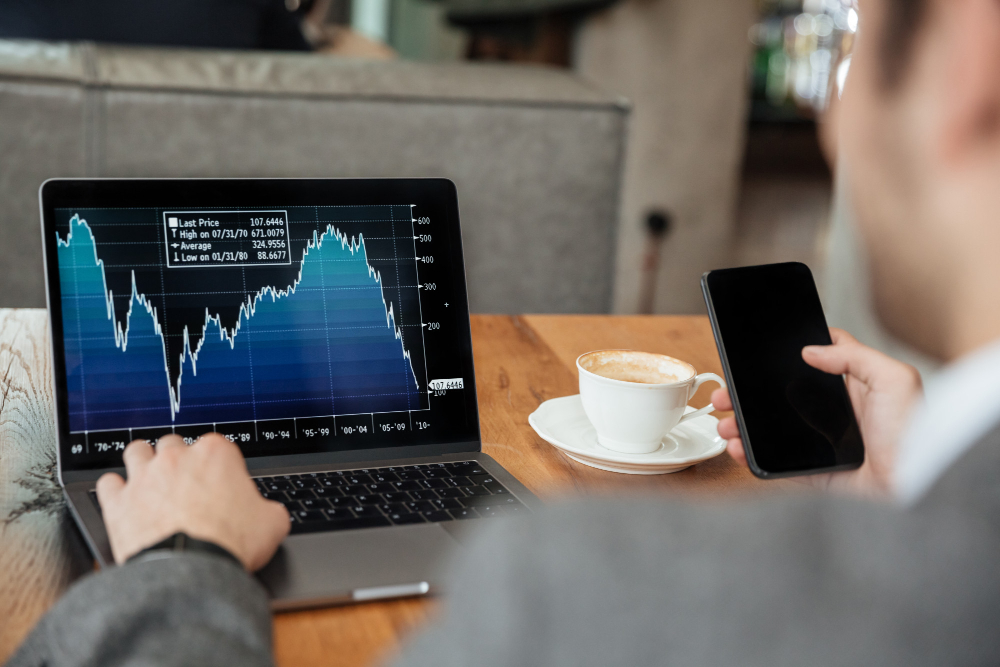The word ‘systems’ when used in terms of trading and investing invokes thoughts of complicated computer software tools completing intricate analysis tasks and procedures but in reality, systems create order, consistency and objectivity.
Systems are the very definition of a Road Map and they enable us to operate in “auto pilot” mode and react to things that occur around us. They free us up to be more responsive to the uncontrollable, the unexpected and the dynamic aspects of the markets.
We all operate with systems, most transparent, some not. From the road rules we abide by when driving on the road, the computer systems we use at work, to the cleaning duties that are undertaken at home. We either have systems in place to do the heavy lifting for us, or we are the system.
Building a good system involves comprehensive knowledge of the environment, skills to achieve the task and thoughtful planning. This starts with identifying the key processes or actions that need to be undertaken to achieve a certain goal.
So it’s simple. Using a S.Y.S.T.E.M Saves, You, Stress, Time, Energy & Money. Systems make things quicker and easier. They create consistency and when implemented with a disciplined approach, success can be achieved.
So before you make your next trade, question how you have arrived at the ‘Buy’ decision. Are you simply using gut feel and intuition or do you have a system that guides you?
I don’t know how anyone can live without systems in their everyday life, why should the market be any different?



4 Responses
Hi Gary
I have wondered for a while about 2 things.
1) there is a lot of advice to avoid investing in a ‘system’ (not necessarily only black box)which claims a brief amount of time input per day and a great financial return. I have even invested in some of these myself and retrospectively proven this advice correct. I would greatly appreciate hearing your response to this advice on this in regard to your spa 3
2) To what extent do you yourself use your own spa 3 in your own investing and stock selection and timing (this presumes you have a superior enough technical ability in the first place and therefore may not rely on this as much as a novice in the first place)
thanks for your comments
Last time I looked SPA3 didn’t make an
investments in falling markets thereby missing out on profit opportunity.
Response to comment by Don:
This is an interesting topic and one that demands a blog response in it’s own right.
Regards
Gary
Response to Comment by Jennifer:
1) We don’t claim anything without demonstrated evidence.
Firstly, there are the SPA3 portfolios that have been traded in the public domain in real time, the two main ones being the SPA3 Portflolio Risk Profile 1 and the SPA3 NASDAQ Portfolio.
These portfolios are updated daily (SPA3 is an EoD system) for our customers to verify or question. We publish the results from time to time for prospective to view on our website, in webinars and in email campaigns.
I’m not aware of any other transparent mechanical equities systems that do this with where the rules of the system are openly made available to their customers, i.e. what we call a ‘glass box’.
Secondly, we have stress tested SPA3 in huge depth using exploratory simulation the results of which are openly made available to our customers. A summarised version of the customer White Paper is available for prospective clients to download from our website.
You can also look at customers’ testimonials that are provided on our website.
2) I certainly do trade with SPA3 and have done so from day 1 (in fact before day 1). At the moment I am trading a SPA3CFD porfolio on the ASX via my SMSF and a SPA3 NASDAQ portfolio via my company.
I trade SPA3 as is, that is 100% mechanically. I don’t enter any trades under any circustances that has not provided a SPA3 entry signal.
I use all the SPA3 exits to exit my trades. There are some conditions under which I will not exit on a WONS1+DS signal whereby I will await a WONB5+DB but if a WCS1.2 occurs then I will exit the trade.
I haven’t traded SPA3 100% of the time since 1998. I typically cease trading when taking long vacations, when I throw myeself into in depth research projects or when an unusual personal event occurs.
I trust that this answers your questions. Feel free to call me to discuss my trading habits further.
Regards
Gary